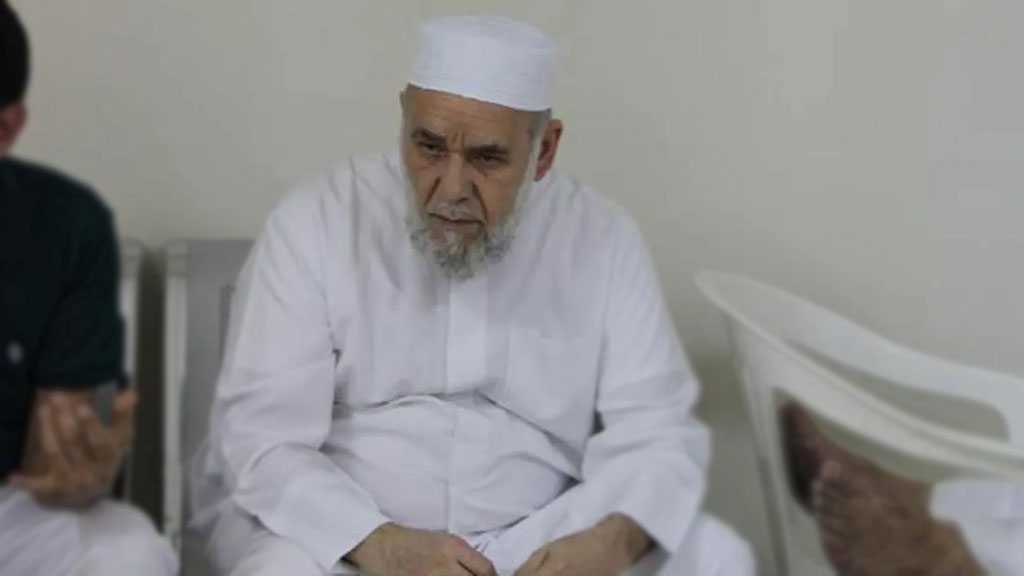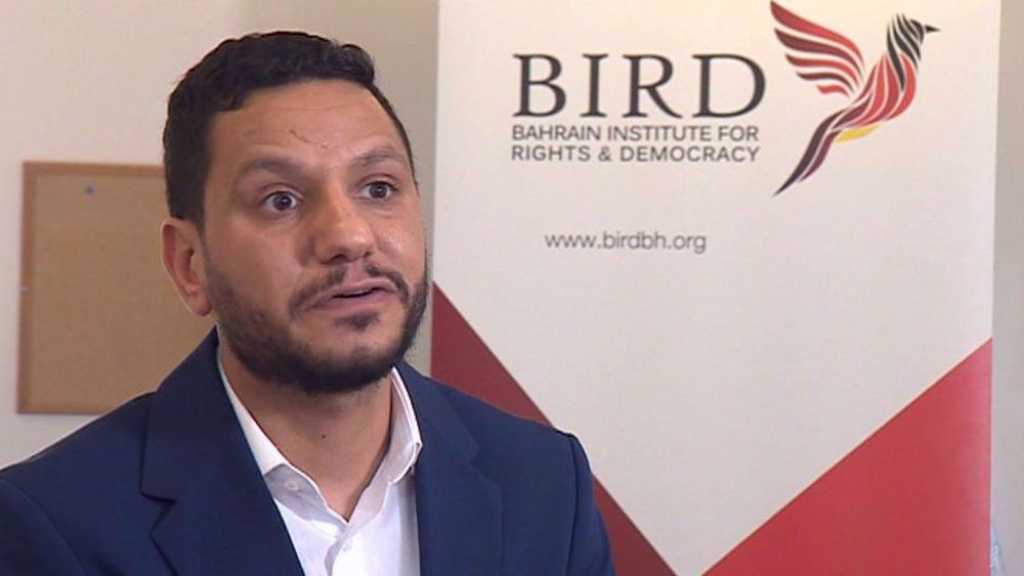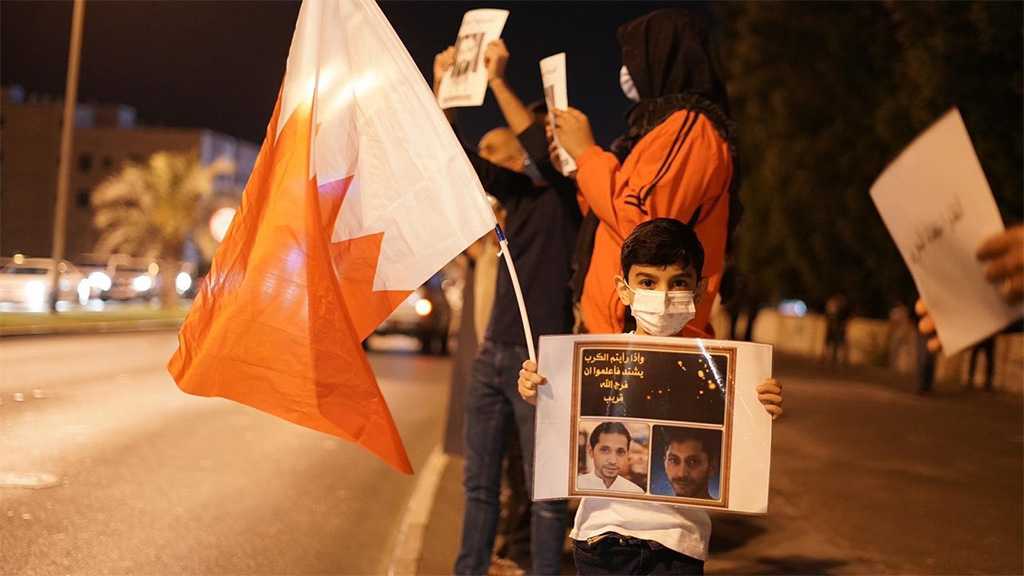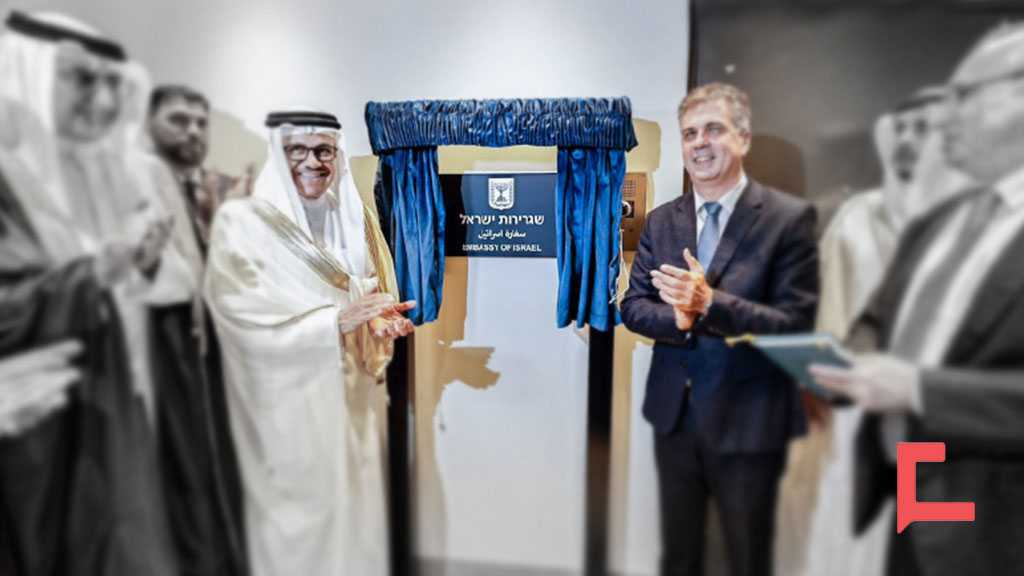
Al Khalifa Crackdown: Bahrain Regime Targeting Clerics, Prosecutions Fanning Sectarianism
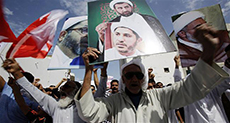
Local Editor
Bahraini Al Khalifa regime is targeting Shia clerics in a systematic campaign of harassment that violates their rights to freedom of assembly and speech, and to religious freedom, Human Rights Watch said Tuesday.
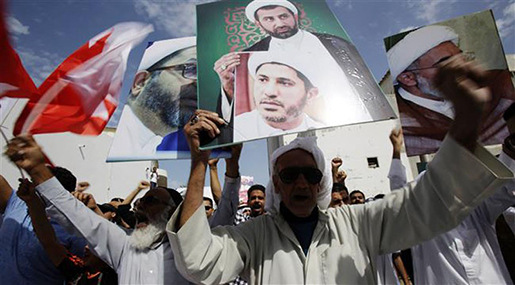
On August 18, 2016, a Bahraini court convicted Sheikh Ali Humaidan of "illegal gathering" and sentenced him to one year in prison for his involvement in peaceful gatherings in the village of Diraz outside the home of the spiritual leader of an opposition group, who was arbitrarily stripped of his citizenship in June.
Human Rights Watch has spoken to four Shia clerics who said that authorities have charged them with illegal gathering over their involvement in the protest and another three who said they were questioned.
"Now that the Bahraini authorities have begun to run out of human rights defenders and political activists to jail, silence, or exile, they are moving on to the Shia community's religious leaders," said Joe Stork, deputy Middle East director at Human Rights Watch.
"Bahrain appears to be willfully and recklessly fanning the flames of sectarianism, while simultaneously taking moderate voices out of play."
Media reports indicate that at least eight others are facing charges that violate their rights. Credible local sources have told Human Rights Watch that the Bahraini authorities have questioned or brought charges against at least 56 Shia clerics since June.
In a Bahrain News Agency statement on June 20, the Interior Ministry said it was revoking the citizenship of Sheikh Isa Qassem, the spiritual leader of the country's main opposition group, al-Wafaq. The revocation of his citizenship followed the authorities' June 14 decision to dissolve the group.
In May, the Bahrain First High Court of Appeal affirmed the conviction of al-Wafaq's secretary general, Sheikh Ali Salman, and increased his sentence from four years to nine, despite an unfair trial and charges that clearly violated his right to free expression.
The authorities allegedly accused Sheikh Qassem of "creating an extremist sectarian environment" and said he had "encouraged sectarianism and violence." The decision to strip him of his citizenship led to ongoing protests outside his home.
One of the most high-profile Shia clerics charged with illegal gathering, Sheikh Maytham al-Salman, said that authorities summoned him to Hamad police station on August 14 for questioning. Police officers denied his four requests for legal representation, saying they did not have orders to allow a lawyer to be present. He said the police insisted that he remove his clerical turban and robes, refused his request to shower and change his clothes, and kept him in interview rooms for 26 hours without sleep. He said he believed the insistence that he remove his religious attire was intended to "insult and intimidate a Shia cleric." Authorities released him without bail on August 15 and have yet to set a date for trial.
Now that the Bahraini authorities have begun to run out of human rights defenders and political activists to jail, silence, or exile, they are moving on to the Shia community's religious leaders. Bahrain appears to be willfully and recklessly fanning the flames of sectarianism, while simultaneously taking moderate voices out of play.
On August 16, a group of UN human rights experts criticized "numerous charges" brought against Shia clerics and called on the Bahraini authorities to end what it called its "systematic harassment of its Shia population." The experts represent the UN independent fact-finding and monitoring mechanisms on rights including freedom of expression, freedom of assembly, freedom of religion and belief, protection from arbitrary detention, and the rights of human rights defenders.
The International Covenant on Civil and Political Rights, which Bahrain has ratified, protects individuals' rights to peaceful assembly [article 21], freedom of religion [article 18], and freedom of expression [article 21].
"These prosecutions and interrogations of clerics are the latest stage of a systematic campaign to nullify dissent and protest in Bahrain," Stork said. "But to target the Shia community's religious leaders at a time when the region is facing sectarian violence is a dangerous and irresponsible tactic that Bahrain's US and UK allies in particular should forcefully condemn."
Source: Human Rights Watch, Edited by website team
